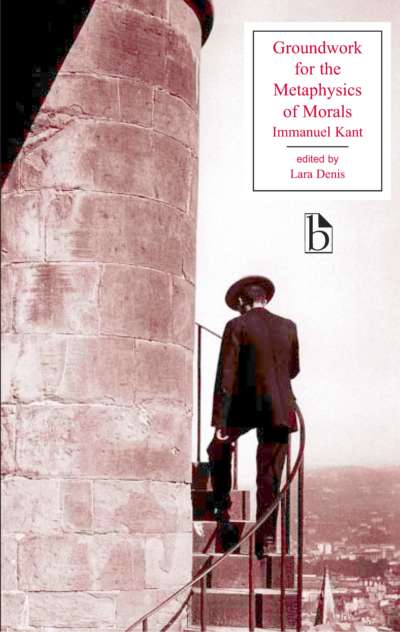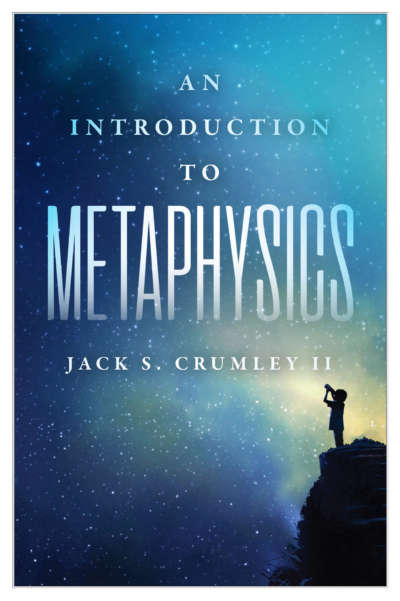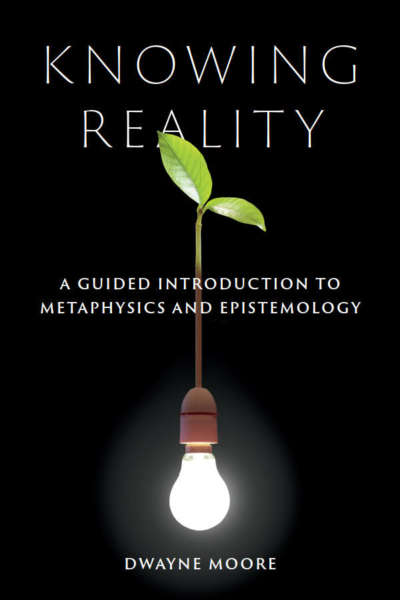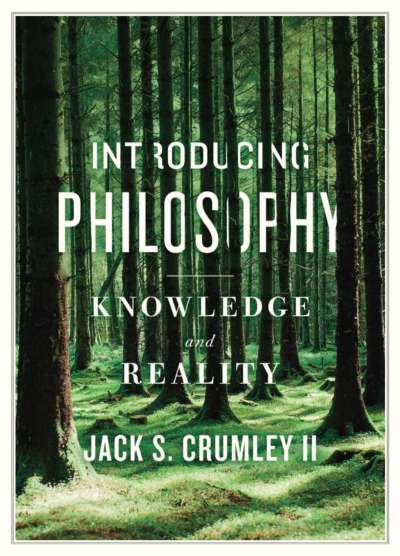Since Descartes’s division of the human subject into mental and physical components in the seventeenth century, there has been a great deal of discussion about how—indeed, whether or not—our mental states bring about our physical behavior. Through historical and contemporary readings, this collection explores this lively and important issue.
In four parts, this anthology introduces the problem of mental causation, explores the debate sparked by Donald Davidson’s anomalous monism, examines Frank Jackson’s knowledge argument for the view that qualia are epiphenomenal, and investigates attempts to employ the controversial concept of supervenience to explain mental causation.
Comments
“This is a judiciously selected collection of classic readings on the metaphysics of mental causation. After furnishing just enough historical background, the anthology concentrates on three fundamental issues: the causal role of reasons as debated in the context of Donald Davidson’s ‘anomalous monism’; the ‘epiphenomenalist’ status of ‘qualia’ implied by Frank Jackson’s controversial ‘knowledge argument’ against physicalism; and the prospects for a supervenience-based account of mental causation. The result of this at once highly selective and in-depth approach is a thematically unified collection of important writings which is not only pedagogically sound but also useful as reference material for the professional philosopher.” — Ausonio Marras, University of Western Ontario
Introduction
Part I: Historical Background
- Sixth Meditation
René Descartes
- Passions of the Soul
René Descartes
- “On the Hypothesis that Animals are Automata, and its History”
T.H. Huxley
- “The Automaton-Theory”
William James
Part II: Anomalous Monism
- “Mental Events”
Donald Davidson
- “Actions, Reasons, and Humean Causes”
Peter H. Hess
- “Hess on Reasons and Causes”
Peter Smith
- “The Argument for Anomalous Monism”
Ted Honderich
- “Bad News for Anomalous Monism?”
Peter Smith
- “Anomalous Monism: Reply to Smith”
Ted Honderich
- “Anomalous Monism and Epiphenomenalism:
A Reply to Honderich”
Peter Smith
- “Smith and the Champion of Mauve”
Ted Honderich
- “Thinking Causes”
Donald Davidson
- “Can Supervenience and ‘Non-Strict Laws’ Save
Anomalous Monism?”
Jaegwon Kim
Part III: Qualia
- “Epiphenomenal Qualia”
Frank Jackson
- “Jackson on Physical Information and Qualia”
Terence Horgan
- “Physicalism and the Cognitive Role of Acquaintance”
Laurence Nemirow
- “Reduction, Qualia, and the Direct Introspection
of Brain States”
Paul M. Churchland
- “Physicalism and Phenomenal Properties”
Earl Conee
- “What Mary Didn’t Know”
Frank Jackson
- “‘Epiphenomenal’ Qualia?”
Daniel Dennett
Part IV: Supervenience
- “Concepts of Supervenience”
Jaegwon Kim
- “Epiphenomenal and Supervenient Causation”
Jaegwon Kim
- “Mind-Body Interaction and Supervenient Causation”
Ernest Sosa
- “From Supervenience to Superdupervenience:
Meeting the Demands of a Material World”
Terence Horgan
Neil Campbell is an Associate Professor at Wilfrid Laurier University, Waterloo. He has published numerous articles in philosophy of mind and is also the editor of Freedom, Determinism, and Responsibility: Readings in Metaphysics (Prentice Hall, 2002).













